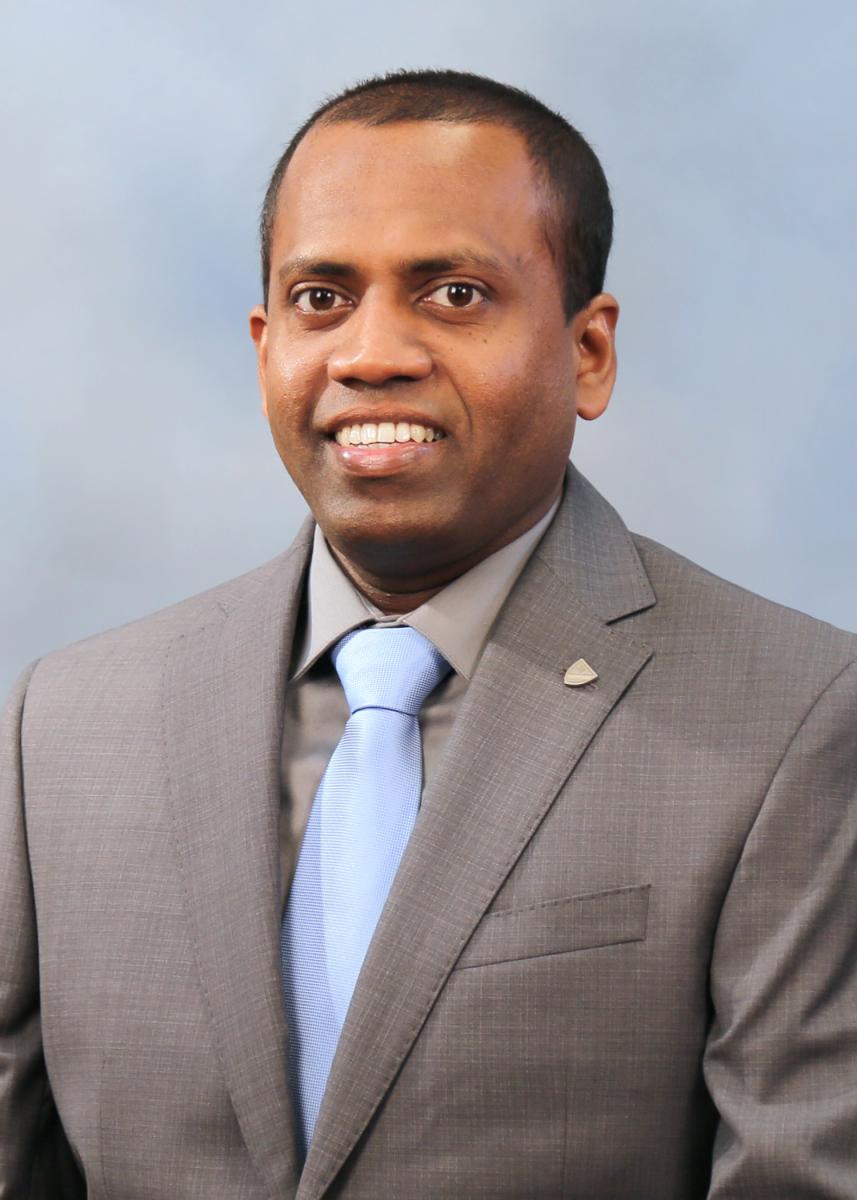Precision Agriculture: Dr. Nuwan Wijewardane’s Work in Targeting Agriculture
Story by Greta Allen
Dr. Nuwan Wijewardane, an assistant professor in the Department of Agricultural and Biological Engineering at and within the Mississippi Agricultural and Forestry Experiment Station (MAFES) at Mississippi State University (MSU), uses advanced technologies to help farmers make data-driven decisions that improve productivity and sustainability. His work benefits not only individual farms but the broader agricultural industry. By using soil and plant sensing technology, Wijewardane can quickly identify different properties or potential problems in the field.
“When we look at the spectral signatures, you can tell about the properties of that soil or plants. From this, you can estimate different properties like organic matter for soil or even identify stresses and diseases beforehand in plants,” said Wijewardane.
MAFES offers Wijewardane access to cutting-edge research facilities that allow him to develop and test sensor technologies designed to monitor soil properties in real-time. Traditionally, farmers had to send soil samples to a lab—a process that was both time-consuming and costly. Wijewardane’s research is changing this reality for farmers.
“You used to send a sample to a lab and to measure all of those properties would take weeks. Depending on how many properties you want to measure, it can cost up to $60 per sample,” he said.
Wijewardane is optimistic about the future of precision agriculture and the accessibility of these tools for farmers. The future for this research is to one day create this technology on a handheld device or include it in farm equipment.
“I would like to someday come up with sensors that are handheld that people can carry into the field to measure directly at the farm or put the sensors on board a tractor to measure in real-time.”
Wijewardane’s research exemplifies the intersection of technology and agriculture. As advancements in precision agriculture continue to evolve, his work contributes to a more productive, efficient, and sustainable agricultural industry. Through collaboration, research, and the application of cutting-edge technology, he is helping shape the future of farming for generations to come.


